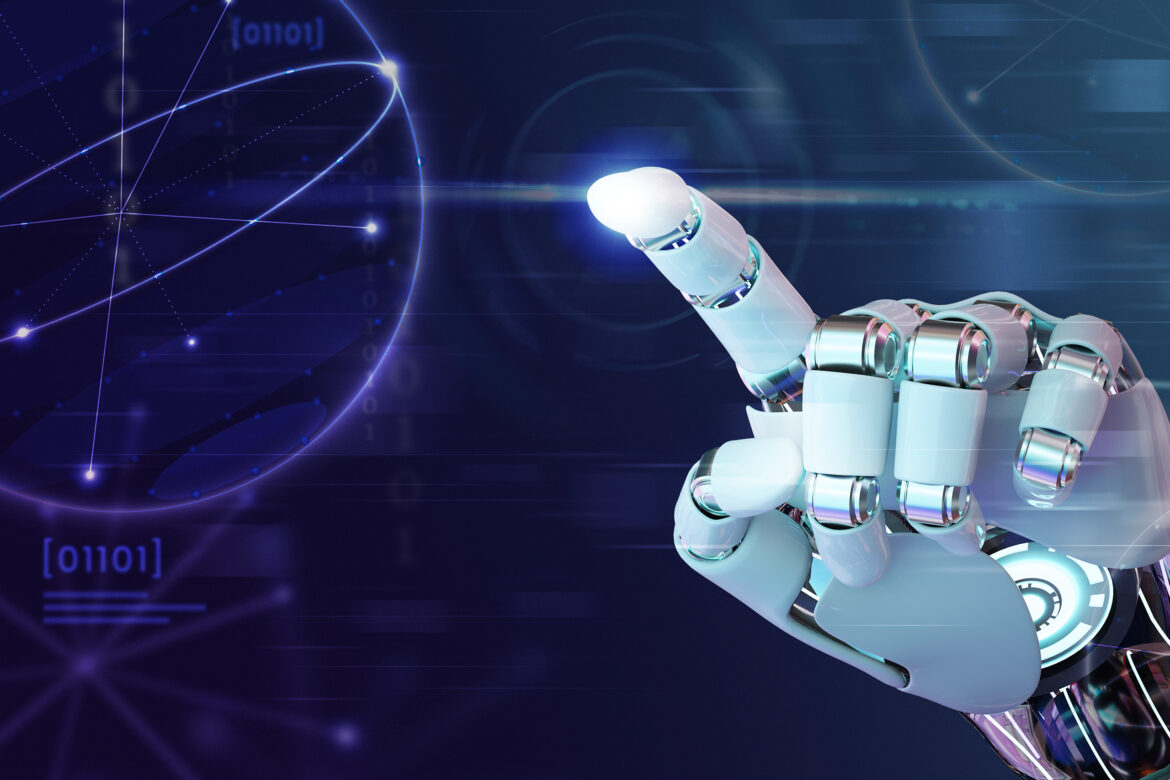Introduction
In the interconnected business environment, organizations heavily rely on technology to drive their operations efficiently. However, with increasing complexity in systems and processes, incidents and technical issues are bound to occur, potentially leading to service disruptions and dissatisfied customers. Incident resolution, which involves identifying, diagnosing, and resolving IT-related issues, has traditionally been a reactive process where IT teams address problems as they arise. However, the emergence of generative AI presents a transformative opportunity for organizations to shift from reactive incident resolution to a proactive and intelligent approach. This article explores the power of generative AI and its applications in revolutionizing incident resolution, providing valuable leverage to different C-level personas.
To substantiate the benefits, statistics from leading research firms like Forrester and Gartner will be highlighted, and real-world examples will be presented to showcase the impact of generative AI in various industries.
Incident Resolution and Its Challenges
Incident resolution plays a critical role in ensuring smooth IT operations and minimizing disruptions that can affect business continuity. Traditionally, organizations have relied on manual processes and human intervention to address incidents as they arise, resulting in delayed responses and potential business downtime. The reactive approach often leads to increased costs, dissatisfied customers, and hampered employee productivity.
The Power of Generative AI in Incident Resolution
Generative AI represents a new paradigm in artificial intelligence, enabling machines to create data and content based on patterns and context within the data. This transformative technology holds significant potential for incident resolution, as it empowers organizations to shift from a reactive to a proactive and intelligent approach.
- Early Detection and Predictive Capabilities: Generative AI can analyze vast amounts of real-time data, including system logs, user interactions, and network activity. By understanding normal patterns and behaviors, the AI model can proactively detect anomalies and potential incidents. This early detection enables IT teams to take preventive actions, minimizing the impact of incidents and avoiding prolonged downtime
- Intelligent Incident Triage: Generative AI assists IT teams in intelligently categorizing and prioritizing incidents based on their impact and urgency. By analyzing incident details and historical data from resolved cases, the AI system can recommend the most effective course of action and optimize resource allocation. This streamlines the incident resolution process and ensures that critical issues receive immediate attention.
- Automated Root Cause Analysis: Identifying the root cause of an incident is crucial for effective resolution. Generative AI expedites this process by analyzing vast databases of historical incident data and identifying patterns associated with similar past issues. By swiftly pinpointing the root cause, IT teams can implement targeted solutions and prevent the recurrence of incidents.
Generative AI Benefits for Different C-Level Personas
- CIO (Chief Information Officer): The CIO plays a vital role in defining IT strategies and aligning technology with business goals. Generative AI empowers the CIO by providing real-time insights into the organization’s IT infrastructure, identifying potential vulnerabilities, and predicting potential incidents. With this information, the CIO can make data-driven decisions, allocate resources efficiently, and invest in proactive measures, such as preventive maintenance, to avoid costly downtime.
According to Forrester, organizations incorporating AI technologies in their IT operations experience a 15-30% reduction in downtime, leading to improved operational efficiency and cost savings.
- CISO (Chief Information Security Officer): Data security is a top priority for the CISO. Generative AI plays a crucial role in incident resolution related to cybersecurity threats. By continuously analyzing data from various sources, including security logs and network traffic, Generative AI can swiftly detect and respond to security breaches, mitigating potential data breaches or cyberattacks.
Gartner emphasizes that AI-driven security technologies can reduce the time it takes to detect and respond to breaches by up to 80%, enhancing the organization’s overall security posture.
- COO (Chief Operating Officer): Operational efficiency is a key concern for the COO. Generative AI streamlines incident resolution workflows, automating incident triage and resource allocation. By categorizing incidents based on severity and impact, the AI system ensures that critical issues receive immediate attention, minimizing disruptions to business operations and customer service.
Forrester’s research suggests that organizations leveraging AI for incident resolution experience up to a 40% reduction in MTTR, enabling improved productivity and cost-effectiveness.
Real-World Applications and Industry Use Cases
Healthcare Industry
In the healthcare sector, where patient care and safety are paramount, Generative AI can proactively monitor medical equipment and systems to prevent downtime and ensure uninterrupted patient services. For example, Generative AI can detect anomalies in vital sign monitors, alerting medical staff to take immediate action and prevent critical incidents.
Financial Services
In the financial services industry, where data security is of utmost importance, Generative AI can analyze real-time data to detect fraudulent activities and potential security breaches. By identifying suspicious patterns and behaviors, AI-powered systems can proactively block unauthorized transactions, safeguarding customer assets and maintaining trust.
E-commerce Platforms
For e-commerce platforms, the ability to resolve technical issues proactively is vital to provide customers with a seamless shopping experience. Generative AI can monitor website performance, detect potential bottlenecks, and optimize server resources in real-time, ensuring a smooth user experience even during peak shopping periods.
Overcoming Challenges and Ethical Considerations
- Data Privacy: Generative AI requires large datasets for training, raising concerns about data privacy and security. Organizations must implement robust data protection measures to safeguard sensitive information and ensure compliance with data regulations.
- Bias and Fairness: AI models may inadvertently perpetuate biases present in training data. Careful monitoring, model validation, and fine-tuning are necessary to ensure fairness and prevent discriminatory outcomes.
- Human Oversight: While generative AI can automate incident resolution to a large extent, human oversight and intervention remain essential to handle complex or sensitive incidents. Human expertise is indispensable to address novel or unprecedented situations.
Looking Ahead: The Future of Incident Resolution with Generative AI
As Generative AI continues to advance, incident resolution will likely become even more proactive and efficient. AI models will gain a deeper understanding of complex systems, allowing for more accurate predictions and recommendations. The integration of Generative AI with other emerging technologies, such as the Internet of Things (IoT), will open new possibilities for incident prevention and resolution.
Conclusion:
Generative AI has emerged as a game-changing technology, transforming the reactive incident resolution practices of the past into proactive and intelligent methodologies. By harnessing the power of real-time data analysis, automated root cause analysis, and predictive capabilities, organizations can prevent incidents before they occur, respond faster to potential disruptions, and maintain a competitive edge in the dynamic digital landscape. The adoption of Generative AI in incident resolution is not only a strategic investment but also a necessity for businesses seeking to enhance operational efficiency, reduce downtime, and improve customer satisfaction.
As technology continues to evolve, the journey from reactive to proactive incident resolution with Generative AI will undoubtedly shape the future of IT services, leading to a new era of incident resolution excellence. By embracing this transformative technology, organizations can stay one step ahead in today’s ever-changing business landscape, effectively preparing themselves for the challenges and opportunities that lie ahead.



